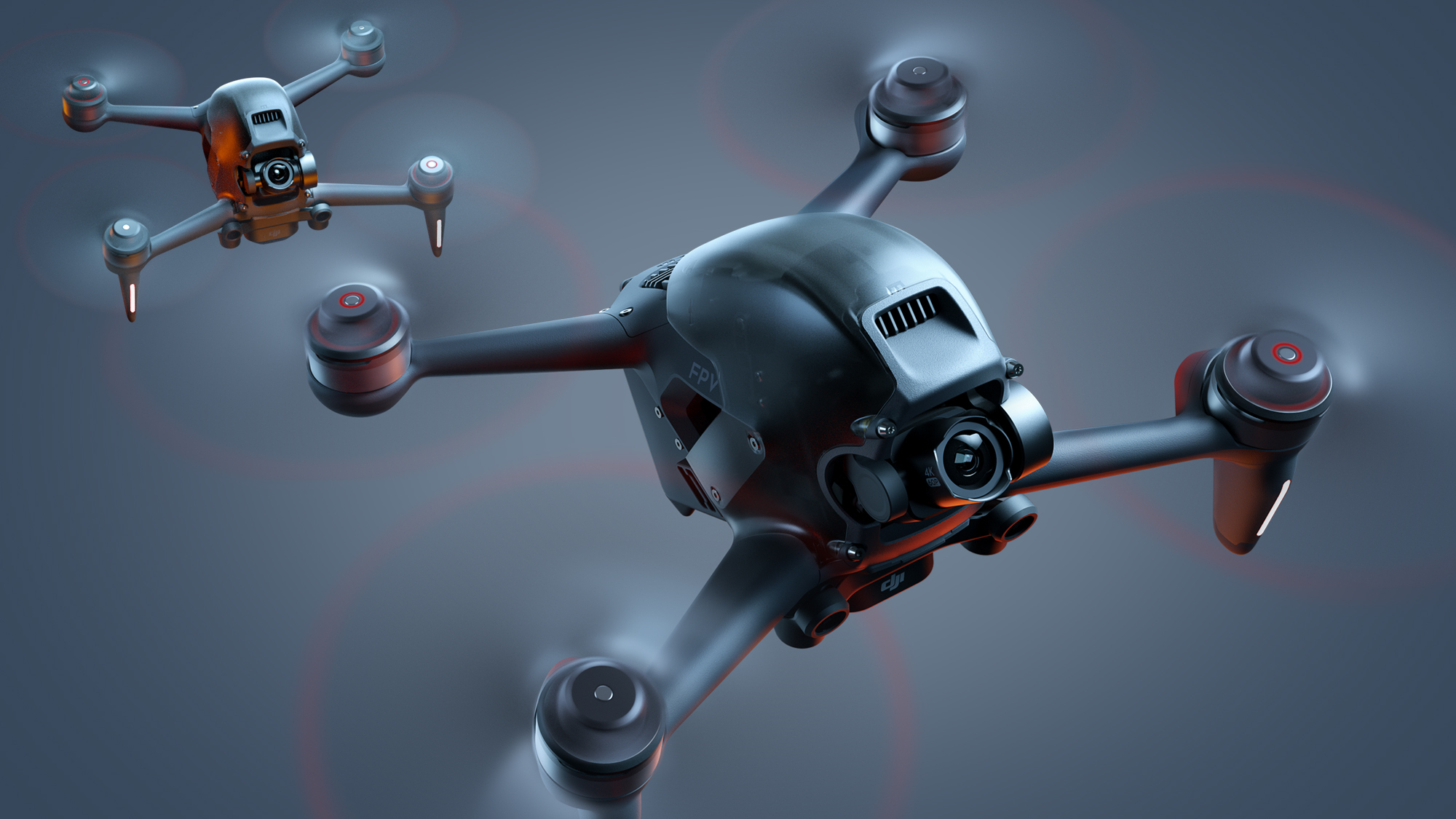Unmanned Vision: Key Trends Shaping the Drone Camera Market
Unmanned Vision: Key Trends Shaping the Drone Camera Market
Blog Article
The rapid evolution of drone technology has brought a wave of innovation across industries, and at the heart of this transformation lies the drone camera market. From high-resolution imaging in filmmaking to precision surveillance in defense and agriculture, drone cameras have reshaped how visuals are captured, analyzed, and utilized. What was once a niche tool for hobbyists has now become a vital asset in commercial, industrial, and governmental sectors.
With continuous advancements in camera resolution, stabilization technology, and AI-powered image processing, the drone camera market is poised for exponential growth in the coming years.

Understanding the Drone Camera Landscape
A drone camera is a key component of an unmanned aerial vehicle (UAV), designed to capture still images and videos from elevated perspectives. These cameras come in various formats and resolutions, tailored for consumer, commercial, and military applications.
Key types of drone cameras include:
HD and 4K Video Cameras
Thermal and Infrared Cameras
Multispectral and Hyperspectral Cameras
360-Degree Cameras
Zoom and Stabilized Gimbal Cameras
Depending on the application, these cameras are used for tasks ranging from videography to crop analysis and disaster monitoring.
Key Market Drivers
1. Growing Demand for Aerial Photography and Videography
The booming popularity of aerial content in media, tourism, and entertainment has driven demand for drones equipped with high-quality cameras.
2. Expansion of Commercial and Industrial Applications
Industries such as agriculture, mining, construction, and energy are deploying drones for inspections, mapping, and analysis, fueling the growth of the drone camera market.
3. Advancements in Camera and Drone Technologies
Improvements in image resolution, real-time streaming, object tracking, and AI-driven data interpretation have made drone cameras more effective and appealing.
4. Government Support and Regulations
Increased acceptance and regulation of commercial drone operations in countries like the United States, China, and India have opened up new market opportunities.
5. Rising Adoption in Security and Surveillance
Drone cameras are becoming vital in defense, law enforcement, and border control for real-time reconnaissance and threat detection.
Market Segmentation
By Resolution:
Below 12 MP
12–20 MP
20–32 MP
Above 32 MP
By Application:
Aerial Photography & Filmmaking
Agriculture Monitoring
Industrial Inspection
Military & Defense Surveillance
Environmental & Wildlife Observation
Disaster Management & Rescue Operations
By End-Use Sector:
Consumer
Commercial
Military & Government
By Region:
North America
Europe
Asia-Pacific
Latin America
Middle East & Africa
Regional Insights
North America holds a dominant position in the drone camera market, driven by the presence of key industry players, strong regulatory frameworks, and high demand from entertainment and defense sectors.
Asia-Pacific is the fastest-growing region, with increasing adoption in agriculture, infrastructure development, and surveillance, especially in China, India, and Japan.
Europe is witnessing growing interest in environmental monitoring and smart city initiatives that integrate drone technology for urban planning and logistics.
Leading Players in the Drone Camera Market
DJI
Parrot SA
GoPro
Autel Robotics
FLIR Systems
Sony Corporation
Yuneec International
Teledyne FLIR
Canon Inc.
Panasonic Corporation
These companies are continuously innovating with features such as hybrid zoom lenses, AI-driven imaging, and compact, lightweight designs.
Emerging Trends
1. AI-Powered Image Processing
Artificial intelligence is enhancing image recognition, real-time data analytics, and autonomous navigation capabilities of drones.
2. Lightweight and Modular Cameras
New camera models are being designed with modularity and reduced weight to improve drone battery life and flight performance.
3. Integration with Cloud and Edge Computing
Cloud connectivity allows real-time streaming and collaborative inspection, while edge computing enables local image processing to reduce latency.
4. Dual and Multi-Sensor Cameras
Combining visible light, thermal, and hyperspectral imaging allows drones to perform complex analysis for environmental and industrial applications.
5. Increased Use in Emergency Response
Drones equipped with thermal and night vision cameras are being used in firefighting, search and rescue, and post-disaster surveys.
Challenges in the Drone Camera Market
While the drone camera market is expanding rapidly, it faces several challenges:
Strict Regulatory Frameworks: Airspace restrictions and licensing requirements can limit drone operations.
Privacy and Security Concerns: Unauthorized surveillance can raise ethical and legal questions.
High Cost of Advanced Systems: High-resolution cameras with advanced features can be expensive, limiting their adoption in small-scale use cases.
Weather and Operational Limitations: Drone cameras are often sensitive to harsh environmental conditions, which can affect performance and safety.
Future Outlook
The future of the drone camera market is bright, fueled by a combination of technological innovation and increasing adoption across diverse sectors. As AI, 5G, and edge computing become more integrated with drone systems, camera capabilities will further advance. Applications in logistics, smart agriculture, urban planning, and climate research are expected to create new growth avenues.
Miniaturized and cost-efficient designs will also democratize access to high-quality aerial imaging, especially for startups and SMEs.
Conclusion
The drone camera market is revolutionizing how the world sees and captures its surroundings. With its applications extending from artistic expression to life-saving missions, the value and demand for drone cameras will only increase. As technology evolves, these cameras will become more intelligent, efficient, and indispensable across the global landscape. Businesses and governments that invest in drone camera capabilities today are likely to gain a competitive edge in tomorrow’s data-driven world.
Related Trending Reports
| FRAM Market |
| Machine Condition Monitoring Market |
| 3D Metrology Market |
| Digital Panel Meter Market |
| EMC Shielding and Test Equipment Market |